Towards the end of his life Dickens took a second trip to America, where he undertook a highly profitable reading tour and eventually addressed the press at a dinner in New York City. Dickens reproduced part of his speech in his 1868 postscript of American Notes. American Notes was an account of Dickens’s first trip to America in 1842. In his preface to the 1850 edition of the book, and in an unpublished preface he wrote for the 1842 publication, Dickens had insisted on the veracity of his observations of America and Americans. In his unpublished preface he wrote, “I went there expecting greater things than I found,” and in his 1850 preface he wrote, “No visitor can ever have set foot on those shores, with a stronger faith in the Republic than I had, when I landed in America.” Dickens obviously anticipated, and then reacted to, the negative response his book received on both sides of the Atlantic. His prefaces show that instead of apologising or moderating his remarks, Dickens long insisted that his views of America – the intrusiveness of its people, their ill-mannered customs, their sombre and acquisitive character, and some of the country’s institutions, particularly slavery – to be justified in his abhorrence. In his 1868 New York City speech, Dickens was eager to make amends on the basis of “how astounded I have been by the amazing changes I have seen around me on every side”. He was also willing to concede he could not be so arrogant to suppose, “there have been no changes in me, and that I had nothing to learn and no extreme impressions to correct when I was here first.” In fact, Dickens undertook to publicly testify “to the gigantic changes in this country” when he returned to England.
It is easy to make a guess at what these “gigantic changes” were, both in America and in himself. Dickens was not particularly old, but he was in ill-health, and the desire to put the issue aside after over a quarter of a century would seem normal, particularly since Dickens was an otherwise well-loved author and he had been on a lucrative tour of the States, reading to crowds from his most popular novels. Apart from that, America had recently fought its Civil War, and a major issue in American Notes – that of slavery – had been addressed. Lincoln’s Emancipation Proclamation in 1863, the defeat of Confederate forces in 1865 and the passing of the 13th Amendment banning slavery had overcome the criticisms Dickens had made in 1842.
American Notes is written as a travelogue. It begins with the passage of Dickens and his wife on a steamboat across the Atlantic, with the usual tales of seasickness, storms and other passengers that one might expect from this kind of writing. My Penguin edition includes a simple map at the front which outlines Dickens’s journey. Arriving in Boston January 1842, Dickens was mobbed by fans. He visited various institutions in the city and was generally impressed by them, as he was with the city, which he was to state was his favourite American city. His journey through America included New York, Philadelphia, Washington and Richmond, with a crossing of the Alleghany Mountains, and then taking steamboats to Cincinnati, Cairo, St Louis, then back to Sandusky, and farther north to Niagara Falls, where he stayed around ten days. Dickens also crossed into Canada, which he mostly admired, travelling as far north as Montreal, before returning to New York where he and his wife departed for England on the 7 June 1842.
Despite the notoriety the book achieved due to its criticism of America, readers will find that Dickens’s reactions to America and its people are mixed. His greatest criticism is levelled at slavery, but his assessments of places, institutions and people are varied. His long account of the Asylum for the Blind in Boston cannot have lavished any more praise or admiration for that institution. His detailed account of the education of Laura Bridgman, an unfortunate girl who lost her sight and hearing at an early age, and whose sense of smell and taste was also somewhat impaired, is minute in detail, drawing upon the notes of Doctor Howe, who was the first practitioner to ever teach a deaf, dumb and blind child to communicate. Likewise, Dickens’s assessment of the State Hospital for the insane in Boston is also full of praise. Dickens saw the trust placed in the patients and the humanity with which they were treated as progressive and enlightened. In fact, Dickens’s assessment of various institutions of reform are quite positive. Dickens wrote of the miseries of the English workhouses in his own fiction, but when he writes of the American equivalent in American Notes, the House of Industry, he praises it for its good living conditions and its attendance to the moral education of children. In general, Dickens also judges American jails as more enlightened than their English counterparts: “In an American state prison or house of correction, I found it difficult at first to persuade myself that I was really in a jail: a place of ignominious punishment and endurance.” Dickens had visited jails in England – he wrote about a visit to Newgate Jail in Sketches by Boz - so he had some basis for comparison.
This is not to say that Dickens’s judgment is not qualified. In New York he visits the Lunatic Asylum on Long Island and cuts short his visit, disgusted by poor conditions he believes have been exacerbated by politics. He devotes a whole chapter to Philadelphia and its Solitary Prison, where prisoners remain in their cells, isolated from all human contact for the entire period of their incarceration. Dickens was given leave to speak to prisoners in their cells and tells their various stories. A common thread is resignation and a sense of hopelessness. Many suffered a peculiar phenomenon; after years of solitude many prisoners becamedeaf. Dickens also reveals the institutionalisation of prisoners who feel incapable of returning to society. A peculiar case was of a man who had committed no crime but was given special dispensation, allowing him to be incarcerated to help him overcome his drinking problem. The outcome is that he refused to leave the prison for over two years, during which time his health began to fail. Happily, he eventually chose to leave.
Dickens’s assessment of different places is also varied. He heaps praise on Boston and its institutions and calls Cincinnati “a beautiful city”. But Dickens calls Cairo “a detestable morass” and speaks of the “hideous waters” of the Mississippi River which are a constant danger to navigation due to the large number of logs that are swept down its waters.
All this would seem to justify Dickens’s claim that his account is not an attack but an honest reaction to what he saw and experienced in America. On the whole, the impression is that when he makes criticisms, Dickens is attempting to document, much in the same way that he documented the social ills of England in his writings. Dickens’s justifications in his prefaces reveals that he sees himself as something of a reformer – raising awareness of social wrongs – and so he remains unapologetic.
In fact, Dickens justifies the criticisms he makes of America on the basis of “truth”: that “this book is simply what it claims to be – a record of the impressions I received from day to day, during my hasty travels”. His strident defence amounts to a dualistic characterisation of Americans as either “intelligent, reflecting, and educated” or “persons so tenderly and delicately constituted, that they cannot bear the truth in any form” (from the unpublished 1842 introduction). In his final chapter – ‘Concluding Remarks’ – Dickens claims, “I have been at some pains to resist the temptation of troubling my readers with my own deductions and conclusions”, thereby laying claim to a level of objectivity which the book does not achieve. Dickens may feel, as an outsider looking in, that he is justified in his criticisms, but he is misguided as to the level of objectivity he achieves. When speaking of the American character, Dickens constantly wields the carrot and stick, encouraging those who might accept on face value the criticisms he makes as fair and truthful – “an educated American one of the most endearing and generous of friends”, and those who are, “sadly sapped and blighted in their growth among the mass.” Dickens’s criticisms, when he chooses to be critical, are vituperative, striking at the very heart of the American character, itself, whatever platitudes he might first employ – “frank, brave, cordial, hospitable, and affectionate” – as prelude to his observations. He also casts judgments on the American character which pertain to his judgment of the nation, itself. His general impression is that Americans are distrustful of authority, which Dickens feels poisons the political system and deprives it of talent. He also describes Americans pejoratively as ‘smart’, an ironic appellation as he uses to mean that financial considerations of any undertaking outweigh its social efficacy or consequence. Also, America’s freedom of speech, in Dickens’s eyes, has led to a press which is poisonous and undermines the country’s potential for moral improvement and advancement. Likewise, he rails against America's lack of copyright laws, which he also made the subject of speeches, since his books were often published in America without his receiving payment. He attributes America’s talent for attracting religious dissenters – he devotes a chapter to the Shakers, a religious community that undertakes a shaking dance during worship and who forbear all sexual congress – to the general lack of humour and dour character of many of its people. Dickens often remarks of his experiences while travelling, that Americans are not wont to socialise over meals, but reduce them to the utilitarian need they serve.
Sometimes, Dickens acknowledges that his criticisms may be attributable to social and cultural differences. Of particular relevance is Dickens’s impression of Americans as intrusive and inquisitive. His experience of being asked personal questions and his sense of over intimacy is something that Dickens acknowledges as possibly due to his own reticence as an Englishman and the assumption of equality that Americans carry within.
But on the subject of the fate of American Indians and the plight of slaves within America, Dickens in on solid ground, despite the resistance he met from American public opinion at the time. Dickens spent some time speaking with Peter Pitchlynn, chief of the Choctaw tribe, who was Western educated and acted as negotiator for some tribes with the American government. Dickens notes that “There were but twenty thousand of the Choctaws left”, and feared that Indians would either lose their culture through assimilation, or be wiped out. It is also clear that he sees the transactions for land with American Indians as exploitative: “I wonder, too, how many times the credulous Big Turtle, or trusting Little Hatchet, had put his mark to treaties which were falsely read to him, and had signed away he knew not what . . . ”
As for slavery, Dickens devotes a whole chapter to the subject near the end of his book, outlining the various attitudes to slavery in the South and the immorality of the system, but also detailing through a large number of advertisements placed in newspapers for the recapture of runaway slaves, a litany of terrible injuries inflicted upon slaves, both deliberately and carelessly. They reveal the dehumanised status of negroes under the system:
‘Ran away, a negro woman and two children; a few days before she went off, I burnt her with a hot iron, on the left side of her face. I tried to make the letter M.’
One advertisement after another documents physical injuries which will obviously raise no public cry of concern, and are detailed for no other purpose than to identify and retrieve property. Dickens cannot help but see a moral failure in the American system in this matter, as well as the ironic shortcomings of the American ideal, in which life, liberty and the pursuit of happiness were theoretically the province of everyone. Dickens sees slavery as a moral blight upon America: “there is an air of ruin and decay abroad, which is inseparable from the system. The barns and outhouses are mouldering away; the sheds are patched and half roofless.” This decay extends to the very land worked by the industry of slaves: “The tract of country . . . was once productive: but the soil has been exhausted by the system of employing a great amount of slave labour in forcing crops, without strengthening the land”. Nevertheless, Dickens is heartened by this situation: “I was glad to the heart to find anything on which one of the curses of this horrible institution has fallen; and had great pleasure in contemplating the withered ground, than the richest and most thriving cultivation in the same place could possibly have afforded me.” Clearly, he sees this economic blight as a deserved product of America’s moral blight.
Of course, not all that Dickens observes would seem to rise to the same level of moral opprobrium, but despite Dickens’s claim that his book is merely, “a record of the impressions”, his disapproval is often evident. Of particular note is the number of instances that Dickens writes about the American habit of spitting in public, a product of tobacco chewing, which he clearly finds offensive:
On board this steamboat, there were two young gentlemen, with shirt-collars reversed as usual, and armed with very big walking sticks; who planted two seats in the middle of the deck, at a distance of some four paces apart; took out their tobacco-boxes; and sat down opposite each other, to chew. In less than a quarter of an hour’s time, these hopeful youths had shed about them on the clean boards, a copious shower of yellow rain; clearing, by that means, a kind of magic circle, within whose limits no intruders dared to come, and which they never failed to refresh and re-fresh before a spot was dry.
By the time Dickens is writing of the American political system, the mere repetition of this theme – Dickens’s observation of spitting conducted in Congress, itself – imbues his assessment of American politics with a level of repugnance. While he allows that the House of Representatives “is a beautiful and spacious hall” and that the Senate “is an elegant chamber” (though of somewhat poor acoustics), his assessment of the Representatives, themselves, is somewhat poorer:
It is a game of these men, and of their profligate organs, to make the strife of politics so fierce and brutal, and so destructive of all self-respect in worthy men, that sensitive and delicate-minded persons shall be kept aloof, and they, and such as they, be left to battle out their selfish view, unchecked.
Of the Senate, Dickens is more generous, describing its members as, “a dignified and decorous body”. Nevertheless, he is at pains to point out that the carpet of both the House of Representatives and the Senate is patterned with the spit of tobacco from members, despite the presence of spittoons:
I will merely observe, that I strongly recommend all strangers not to look at the floor; and if they happen to drop anything, though it be their purse, not to pick it up with an ungloved hand on any account.
Overall, it is not difficult to see why Americans objected to American Notes, and why it remained unpopular. Dickens purports to be an admirer of America, yet he has much to say that would have been difficult for his American contemporaries to accept. Even now, there is a strange modern applicability to some of Dickens’s observations. While slavery was abolished in 1865, America’s history of race relations is still troubling. American journalism, in some quarters – an issue no longer limited to newspapers – is still of concern with regard to what purports to be news and the role that right wing programs are playing in misinformation and the polarisation of American society. And American politics, especially since the presidency of Trump, but before that too, seems even more extreme.
As to the American character itself, if such a thing can be argued to exist, Dickens’s opinions are his own, formed at speed in a set of narrow social situations as he travelled. Readers will come to this book with their own prejudices and will decide for themselves. Dickens claims to have come to America with high expectations and been disappointed. But there are moments in American Notes when Dickens is clearly in awe of what he encounters, and we get a sense of the pure hopes for the ideals he held. When he visits Niagara Falls, Dickens spends days observing the Falls from every vantage and at every distance that he can. His hyperbolic appreciation echoes some of the Romantic thought that preceded him by nearly half a century:
When we were seated in the little ferry-boat, and were crossing the swoln river immediately before both cataracts, I began to feel what it was: but I was in a manner stunned, and unable to comprehend the vastness of the scene. It was not until I came on Table Rock, and looked – Great Heaven, on what a fall of bright-green water! – that it came upon me in its full might and majesty.
For Dickens, Niagara Falls is a moment, “when I felt how near to my creator I was standing”. Dickens’s account of his journey to Niagara Falls acts as a kind of climax to this work, before the falling action of his trip through Canada and his later observations about slavery and America’s character. American’s may not have – may not, perhaps – like Dickens’s assessment of their country, but this is not a simple travel diary Dickens offers, neither is it an attack, nor is it hagiographic. American Notes offers up the country as Dickens saw it. The account may not be as objective as Dickens tries to claim, but I do think his account is personally honest. For some – someone like me – I think it is a good account of the country, in terms of the ideals upon which it was founded and the realities upon which it has operated; that it offers us America’s contradictions and complexities. For those interested in reading Dickens’s fiction, Dickens’s trip to America and the writing of this book also became preparation for his writing of his next major novel, Martin Chuzzlewit, which is partly set in America, and also raises issues like slavery in America.
American Notes is a highly readable account which features Dickens’s usual acute observation, and even humour. It feels strangely relevant still, and is worth a read as an adjunct to his fiction, and also for itself.
 RSS Feed
RSS Feed Facebook
Facebook Instagram
Instagram YouTube
YouTube Subscribe to our Newsletter
Subscribe to our Newsletter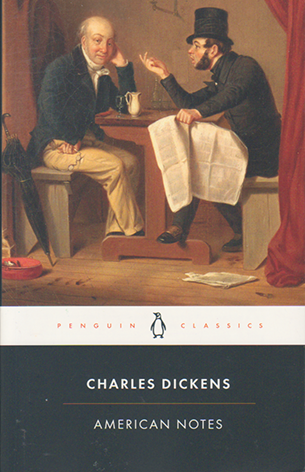

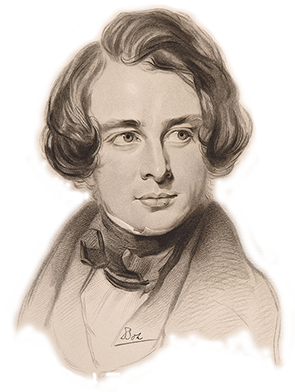
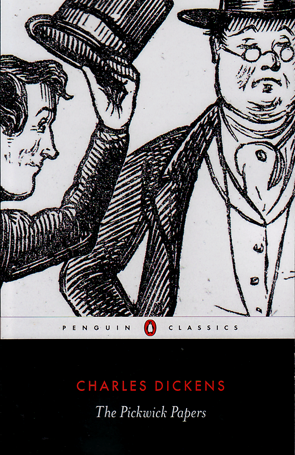
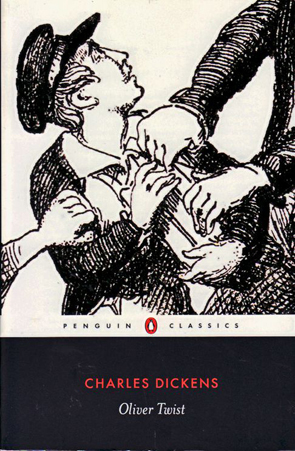
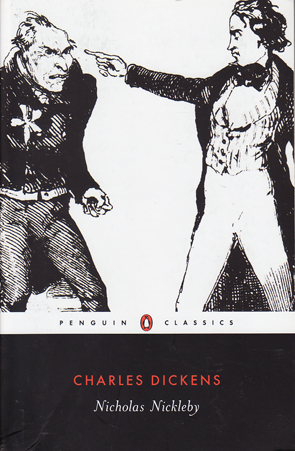
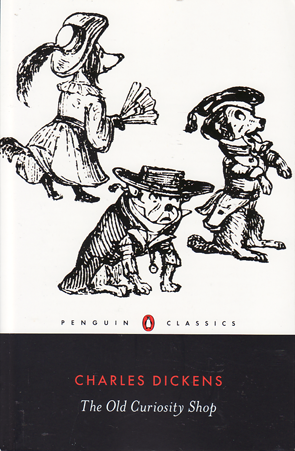
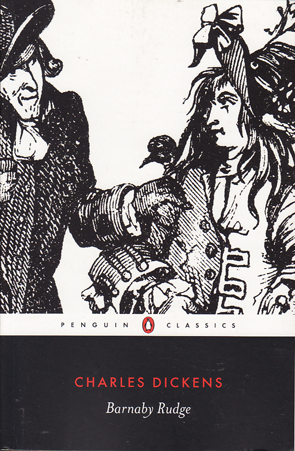
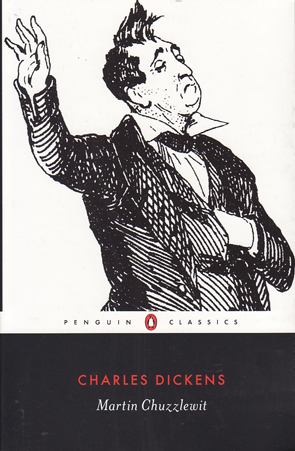
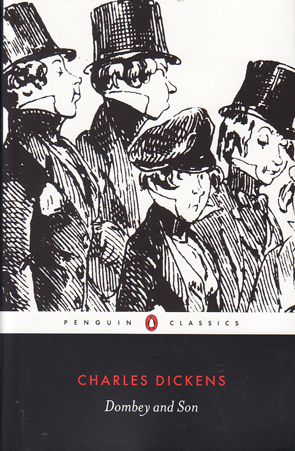
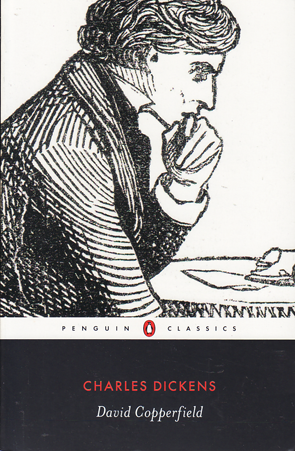
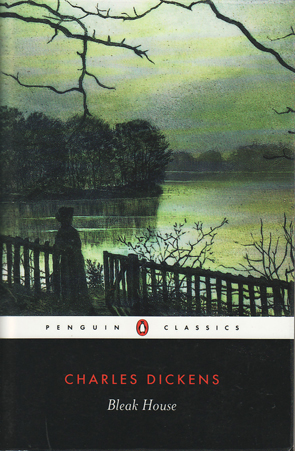
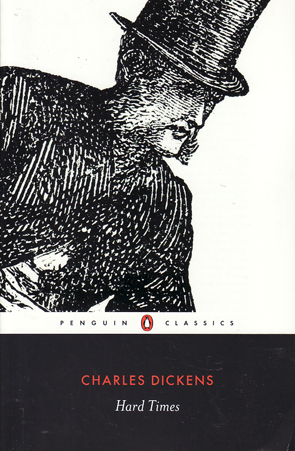
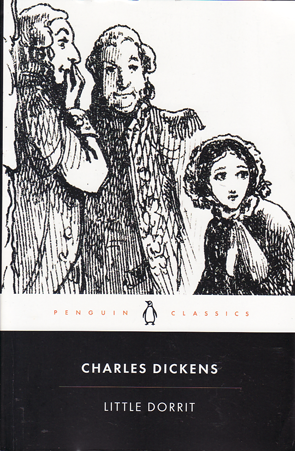
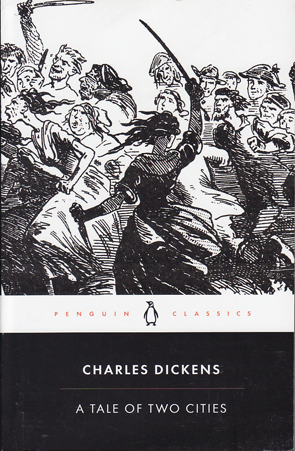
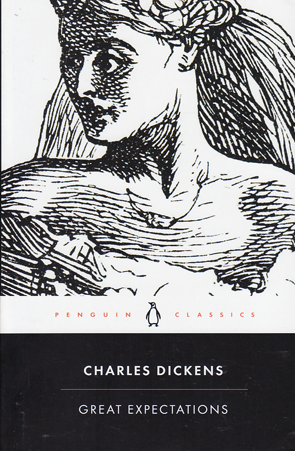
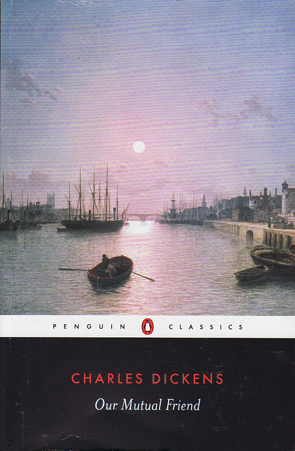
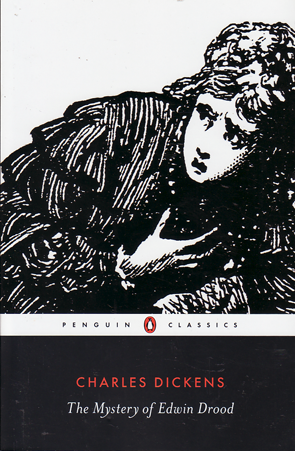
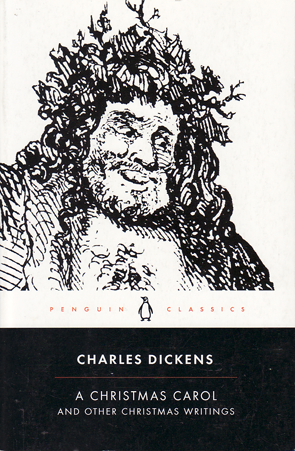
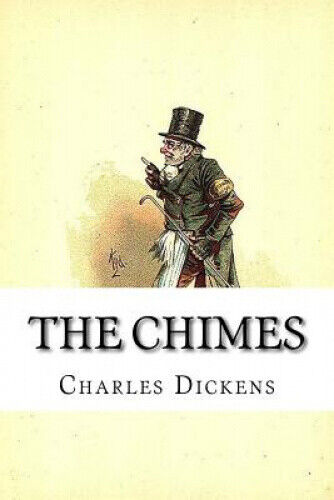
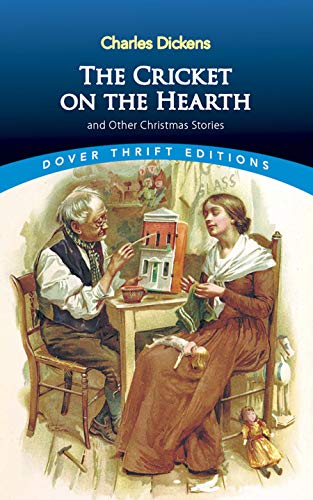
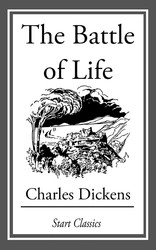
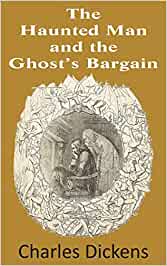
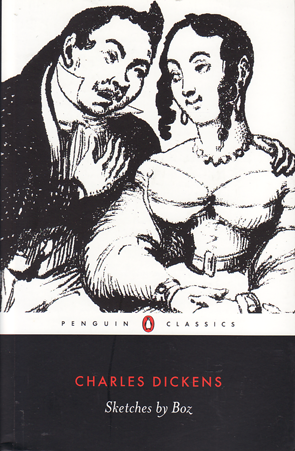
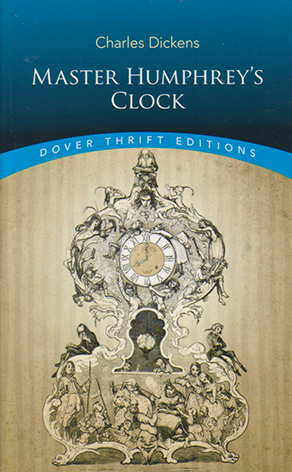
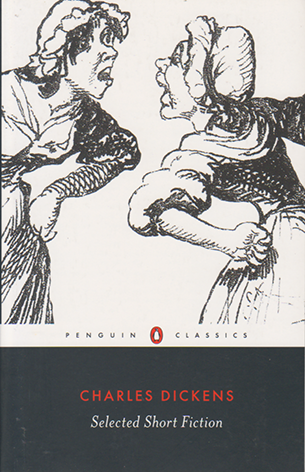
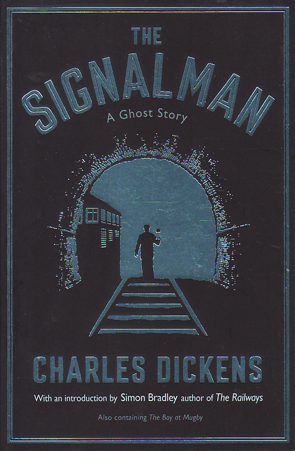

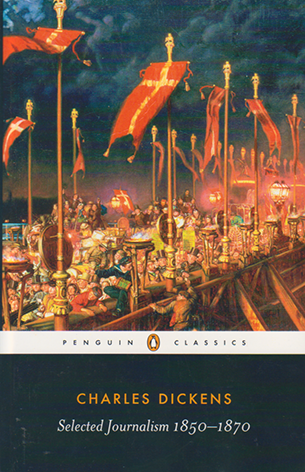
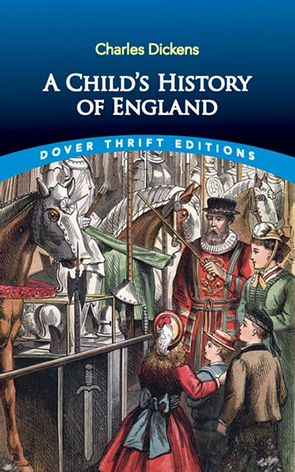
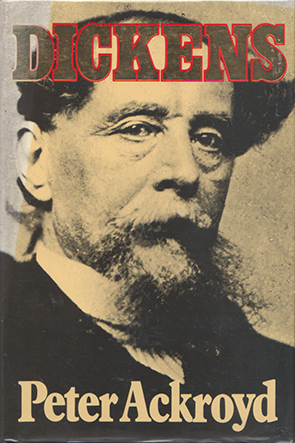
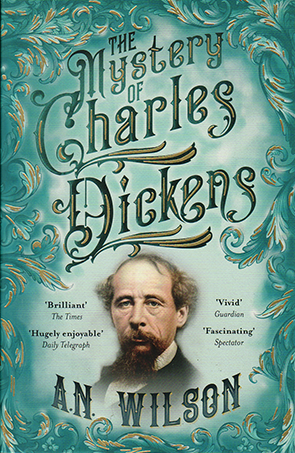

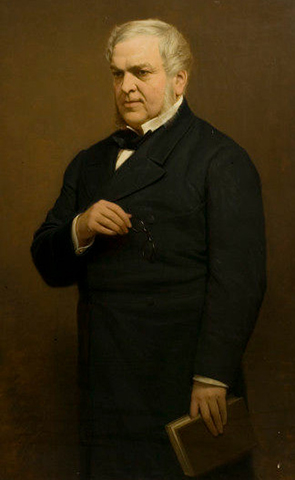
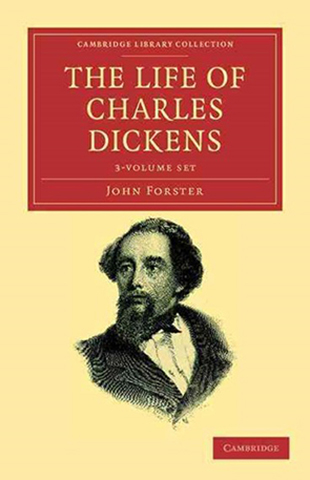
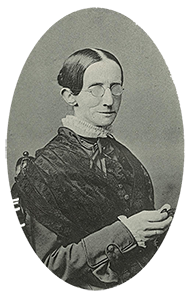
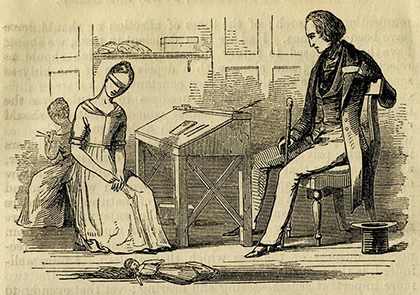
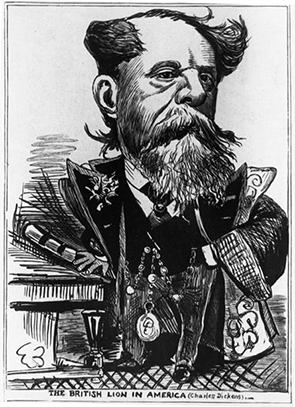
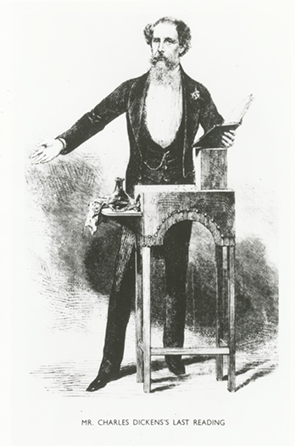
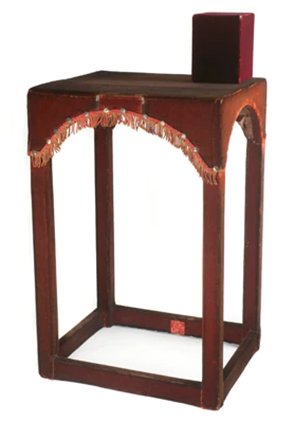
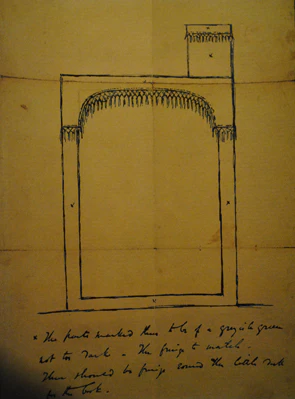
No one has commented yet. Be the first!